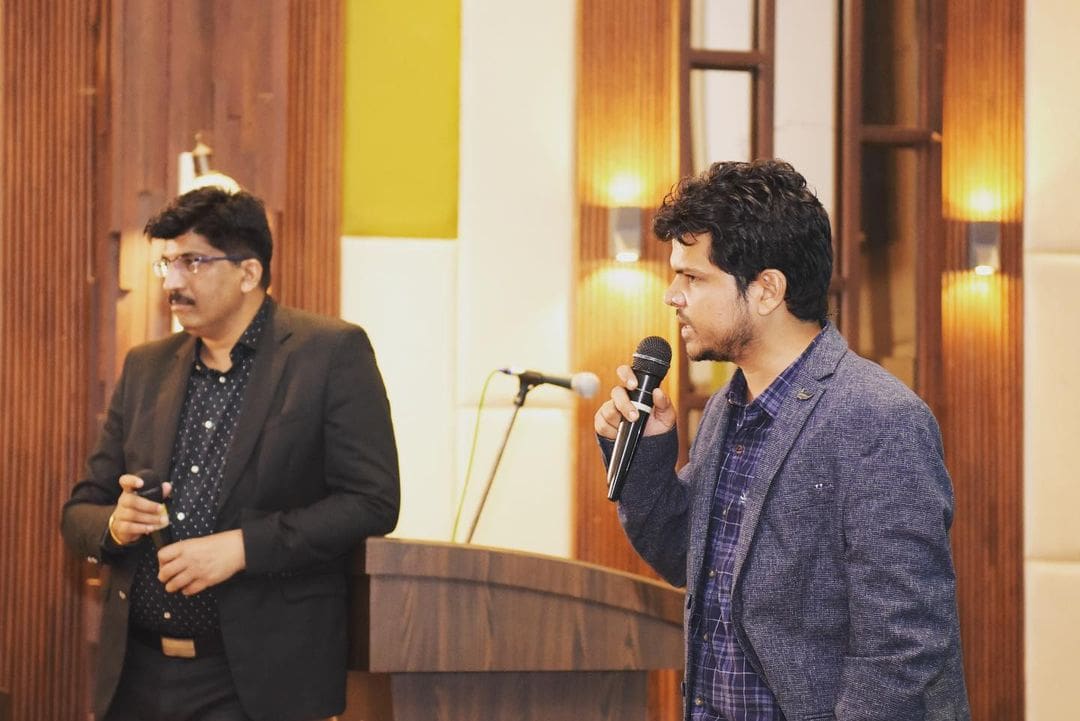Your ultimate Gateway to Web3 wisdom, blockchain insights, and real tech talks where blockchain leaders speak and Industries listen.
Start Listening Today on

Grab your headphones and dive deep into the world where conversations shape Web3 innovation and the future of decentralization.
View All →


Find out what sets Nadcab Labs Podcast apart. Authentic voices, clear talks, and real stories by top blockchain strategists.

Driven by purpose, we podcast to democratize blockchain knowledge, making powerful tech understandable and accessible to all.
We cover everything from fresh tech updates,
trends, and innovation in our podcasts.